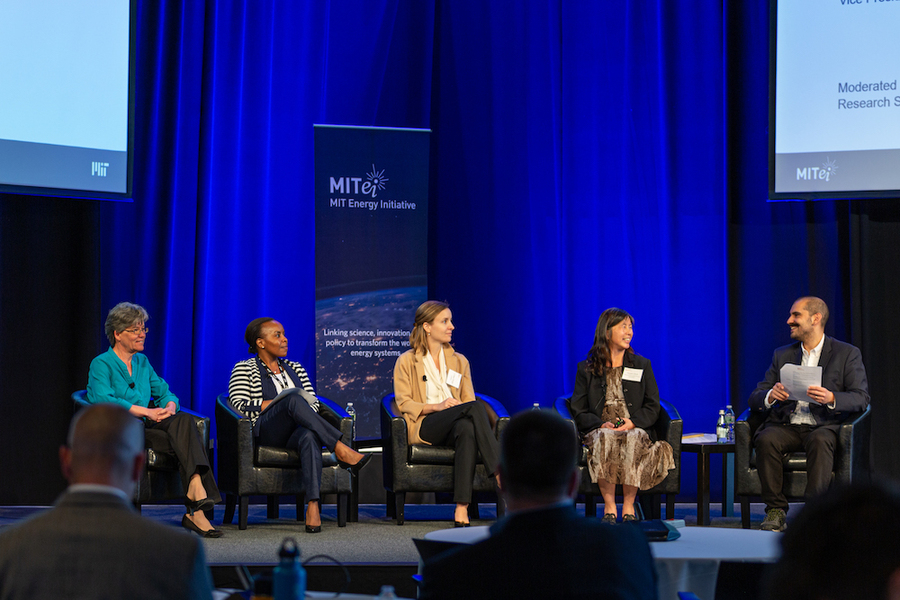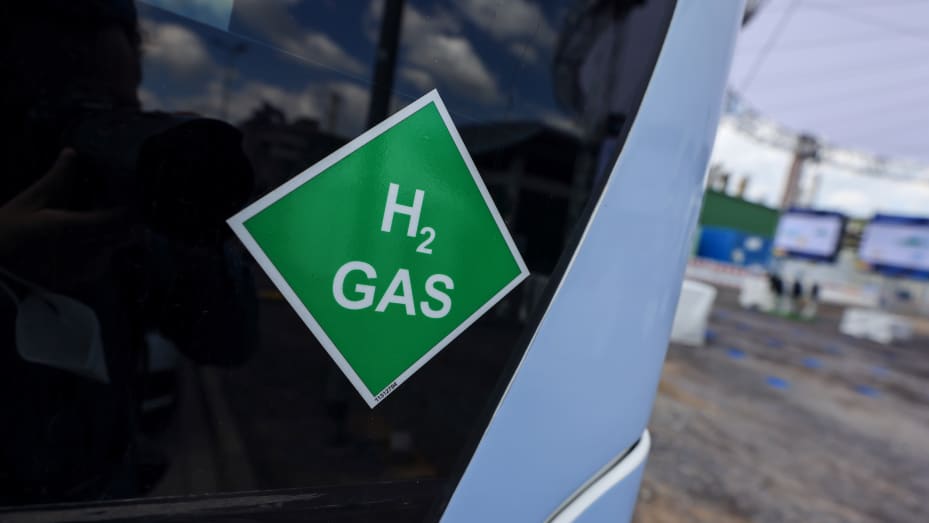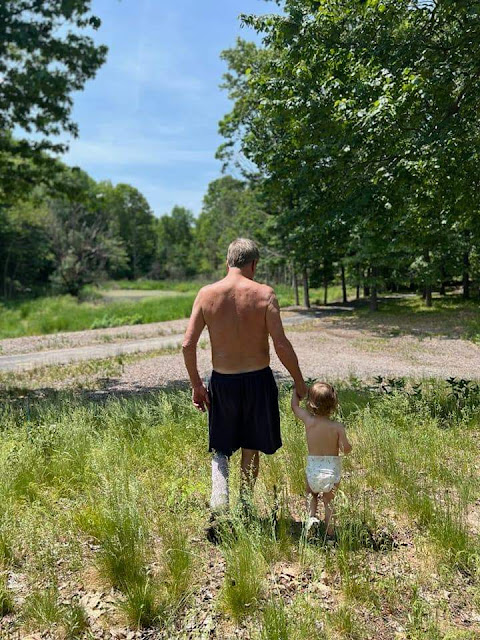 |
“The Temptation of St. Anthony,” Hieronymus Bosch (1450-1516). Fire threatens to rage over the landscape in a scene populated by strange and eerie creatures. Image courtesy of the Rijks Museum. |
Quotes & Sayings
Monday, March 18, 2024
2024 Interview on Sustainability between Pando, John Cobb, and Mary Elizabeth Moore
Monday, May 29, 2023
Ecological Processualism - Healing the Earth and One Another
The first edition of this book fostered the emergence of the "Spiritual Ecology Movement," which recognizes the need for a spiritual response to our present ecological crisis. It drew an overwhelmingly positive response from readers, many of whom are asking the simple question, "What can I do?" This second expanded edition offers new chapters, including two from younger authors who are putting the principles of spiritual ecology into action, working with their hands as well as their hearts. It also includes a new preface and revised chapter by Llewellyn Vaughan-Lee, that reference two major recent events: the publication of Pope Francis's encyclical, "On Care for Our Common Home," which brought into the mainstream the idea that "the ecological crisis is essentially a spiritual problem"; and the 2015 Paris Climate Change Conference, which saw representatives from nearly 200 countries come together to address global warming, including faith leaders from many traditions. Bringing together voices from Buddhism, Sufism, Christianity, and Native American traditions, as well as from physics, deep psychology, and other environmental disciplines, this book calls on us to reassess our underlying attitudes and beliefs about the Earth and wake up to our spiritual as well as physical responsibilities toward the planet.
* * * * * *
It is only upon the ruins of destruction can one rebuild significantly, and transformatively, renewing foundations. Without atoning ruins death is death. But with redeeming ruins death can become life. - re slater
 |
| Be the Change Around You |
RES
What propositions might be expected when proposing a metamodern approach to a process-based ecological society?
ChatGPT
Proposing a metamodern approach to a process-based ecological society would involve considering various propositions that blend elements of metamodernism, process philosophy, and ecological thinking. Here are some propositions that could be expected in such a proposal:
- Embracing Complexity and Pluralism: A metamodern approach to a process-based ecological society recognizes and embraces the complexity and plurality of ecological and societal systems. It acknowledges that ecological and social challenges require nuanced and multifaceted solutions that consider diverse perspectives, values, and knowledge systems.
- Dynamic Balance and Resilience: Building upon process philosophy, the proposal would emphasize the importance of dynamic balance and resilience in ecological and societal systems. It recognizes that both natural and social systems are interconnected and constantly changing, requiring adaptive approaches that foster resilience and the ability to respond to environmental and societal disruptions.
- Interdisciplinary Collaboration: A metamodern approach to a process-based ecological society promotes interdisciplinary collaboration and integration of knowledge across various fields, including environmental science, social sciences, philosophy, economics, and governance. It recognizes that addressing complex ecological issues necessitates a holistic and collaborative approach that draws upon diverse expertise and perspectives.
- Ethical Responsibility and Stewardship: The proposal would emphasize ethical responsibility and stewardship towards the environment and future generations. It recognizes that human actions have consequences for ecological systems and emphasizes the need to consider long-term sustainability, intergenerational justice, and the well-being of all beings within the ecological community.
- Participatory Democracy and Local Empowerment: A process-based ecological society would prioritize participatory democracy and local empowerment. It advocates for inclusive decision-making processes that involve diverse stakeholders, including local communities, indigenous peoples, and marginalized groups, in shaping ecological policies and practices. It values grassroots initiatives and bottom-up approaches that empower individuals and communities to actively contribute to ecological governance and decision-making.
- Regenerative and Circular Economy: The proposal would advocate for a shift towards a regenerative and circular economy that minimizes waste, promotes resource efficiency, and seeks to restore and regenerate ecological systems. It emphasizes the importance of reducing reliance on non-renewable resources, transitioning towards renewable energy sources, and adopting sustainable production and consumption patterns.
- Environmental Justice and Equity: A metamodern approach to a process-based ecological society places a strong emphasis on environmental justice and equity. It acknowledges that environmental issues disproportionately affect marginalized communities and seeks to address environmental inequalities and social injustices. The proposal would strive to ensure equitable access to clean air, water, and natural resources, and work towards the inclusion of diverse voices in decision-making processes.
- Education and Cultural Transformation: Recognizing the need for cultural transformation, the proposal would highlight the importance of education and awareness-building to foster ecological literacy, sustainability, and empathy towards the natural world. It would promote transformative education that encourages critical thinking, ecological consciousness, and a sense of interconnectedness with the environment.
These propositions serve as starting points for a metamodern approach to a process-based ecological society. They reflect the integration of metamodernist values, process philosophy's emphasis on dynamism and interconnectedness, and ecological thinking's focus on sustainability and the well-being of the environment and society. The specific formulation and emphasis of these propositions would depend on the particular context and priorities of the proposal.
Might the same be expected of a Process-based Radical Christianity to the church at large?
ChatGPT
A Process-based Radical Christianity, inspired by process philosophy and radical approaches to Christianity, would likely share some common propositions with a metamodern approach to a process-based ecological society. Here are some propositions that might be expected in such a proposal for the church at large:
- Openness to Pluralism and Dialogue: A Process-based Radical Christianity would embrace openness to pluralism and engage in dialogue with diverse perspectives, both within and outside of the Christian tradition. It recognizes that different interpretations and understandings of Christianity can coexist and contribute to a richer understanding of faith.
- Dynamic Faith and Process Theology: The proposal would draw upon process theology to articulate a dynamic and evolving understanding of faith. It would emphasize that God is seen as actively engaged in the ongoing process of creation, and that human understanding of God and religious truths is subject to growth and development.
- Social Justice and Liberation: A Process-based Radical Christianity would prioritize social justice and liberation, inspired by the radical teachings and actions of Jesus. It would advocate for addressing systemic inequalities, combating oppression, and promoting the dignity and well-being of all individuals, particularly marginalized and vulnerable populations.
- Inclusive and Affirming Community: The proposal would promote inclusivity and affirming attitudes towards diverse individuals and communities, regardless of gender, sexual orientation, race, or other identities. It would challenge exclusionary practices and advocate for the full participation and acceptance of all members within the Christian community.
- Ecological Stewardship: Building on the ecological concerns of process philosophy, a Process-based Radical Christianity would emphasize ecological stewardship and care for the Earth. It would recognize the interconnectedness of all creation and the responsibility to protect and restore the environment as a sacred duty.
- Participatory and Empowering Church Structures: The proposal would advocate for participatory and empowering structures within the church. It would encourage shared decision-making, inclusivity, and active engagement of all members in shaping the direction and practices of the community. It would prioritize the voices and agency of marginalized groups and seek to dismantle hierarchies and power imbalances.
- Transformative Spirituality: A Process-based Radical Christianity would emphasize transformative spirituality that engages with the personal and collective transformation of individuals and society. It would encourage practices such as contemplation, social action, and ethical living that foster growth, compassion, and a deep sense of interconnectedness with all of creation.
- Interfaith Dialogue and Cooperation: The proposal would encourage interfaith dialogue and cooperation, recognizing the value of learning from and engaging with other religious traditions. It would seek common ground, foster mutual understanding, and work towards shared goals of justice, peace, and the well-being of humanity.
These propositions reflect a process-oriented and radical approach to Christianity that incorporates elements of openness, social justice, inclusivity, ecological stewardship, transformative spirituality, and interfaith engagement. They seek to reimagine and revitalize the church, aligning it with contemporary challenges and the evolving understanding of faith and the world. The specific articulation and emphasis of these propositions would depend on the particular context and aspirations of a Process-based Radical Christianity within the church.
RES
Thank you. End file. Please save.
ChatGPT
You're welcome! I'm glad I could assist you. Please note that as an AI language model, I don't have the capability to save files directly. However, you can easily save the conversation by copying and pasting it into a document or text file on your device. If you have any more questions in the future, feel free to ask. Have a great day!
Saturday, September 10, 2022
A Compilation: The Mindfulness of Nature
- How widespread is mind or mentality in the natural world?
- Is there a diversity of kinds of mind, or kinds of mentality?
- Which aspects of the mental are open to scientific inquiry?
- Does the prevalence of minds in the natural world have any philosophical implications?
Wednesday, August 10, 2022
Sustainable Energy Using Hydrogen
 |
| Blending public and private capital can make hydrogen projects bankable and commercially viable. | Superestrella, Shutterstock |
 |
At MITEI’s 2022 Spring Symposium, the “Options for producing low-carbon hydrogen at scale” panel laid out existing and planned efforts to produce hydrogen at scale to help achieve a decarbonized energy system. | Credits:Photo: Kelley Travers |
Hydrogen fuel has long been seen as a potentially key component of a carbon-neutral future. At the 2022 MIT Energy Initiative Spring Symposium, industry experts describe efforts to produce it at scale.
- Hydrogen has a diverse range of applications and can be deployed in a wide range of industries.
- Siemens Energy and Air Liquide have announced plans to focus on the production of “industrial scale renewable hydrogen electrolyzers in Europe.”
- A growing number of multinational firms are attempting to lay down a marker in the green hydrogen sector.











